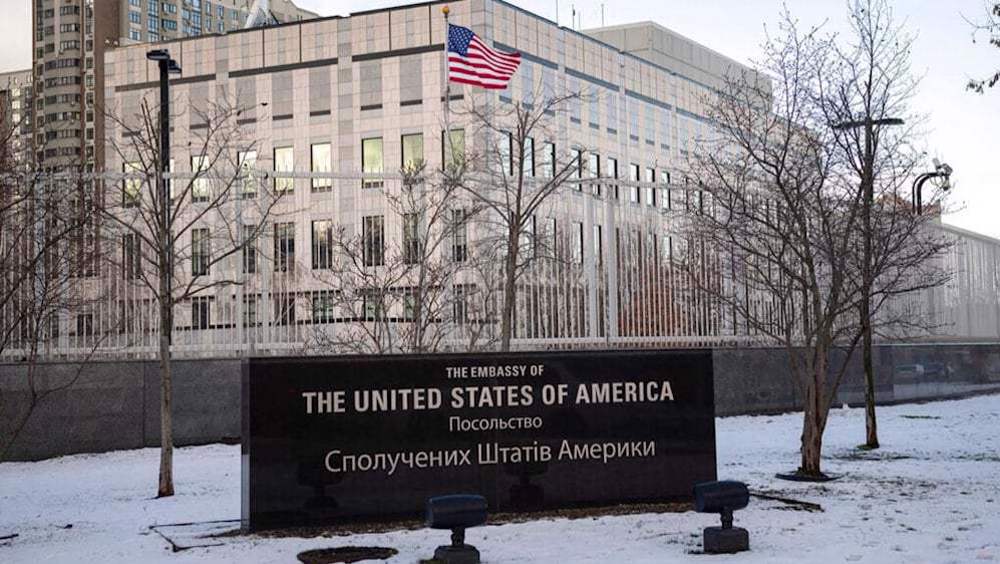Belgium preparing guidelines for shopkeepers to foil terror attacks
Belgium’s Ministry of Economy is preparing guidelines for shopkeepers across the country to enhance cooperation with police on spotting customers suspected of planning terror attacks.
“Shopkeepers are asked to report thefts, disappearances of products or purchases in abnormal quantities,” Belgian Economy Ministry spokesman Etienne Mignolet said on Thursday, adding, “If there is a suspicious transaction, shopkeepers are urged to inform the police.”
Mignolet added that the main objective behind the scheme “is to stop the criminal use of homemade explosives.”
The ministry is reportedly preparing a pamphlet, which is going to be published in the next few weeks, to instruct owners of businesses such as pharmacies, paint shops and hardware stores how to react to a suspicious situation when, for instance, a customer is buying a large quantity of products that could be used to make homemade explosives.
The government says the new measures are aimed at seeking the help of business owners in foiling potential terror attacks, but reports say shopkeepers could be fined up to 600,000 euros (over 673,900 dollars), or face a prison sentence of between one and five years if they fail to notify police about transactions involving suspicious customers buying chemicals, or paying via an unusual method or refusing to provide proof of identity or address.
Trade unions have criticized the new measure, with the UCM, a group representing independent business owners and small businesses, saying it is not the duty of shopkeepers to “catch terrorists.”
“They need to be focusing on giving good service... Business owners have a relationship of trust with their customers which shouldn't be compromised,” Jonathan Lesceux, a UCM member said, adding, “It's not for shopkeepers to determine if their customer is a terrorist or not.”
Belgium has witnessed terrorist attacks in the past months.
On March 22, assaults in the capital Brussels killed more than 30. The attacks were carried out using explosives made from chemical products that had been bought from stores. Terrorists used similar explosives in November 2015 attacks in Paris, France. Most of the 130 victims died in blasts.
Acetone, fertilizer and sulphuric acid are among products that are treated as suspicious if purchased in large quantities.
VIDEO | Paris march in support of Palestine women
VIDEO | ICC issues arrest warrants for Israeli prime minister, ousted regime war minister
120 Palestinians perish as Israeli war machine keeps ravaging Gaza
VIDEO | Struggles of Palestinian women amidst war, displacement
VIDEO | Hezbollah rains attack drones down on elite Israeli brigade
VIDEO | US biased mediation fails
Leader: All captains of criminal, Zionist, terrorist gang must be prosecuted
Iran further raises its oil prices for Chinese buyers: Report











 This makes it easy to access the Press TV website
This makes it easy to access the Press TV website